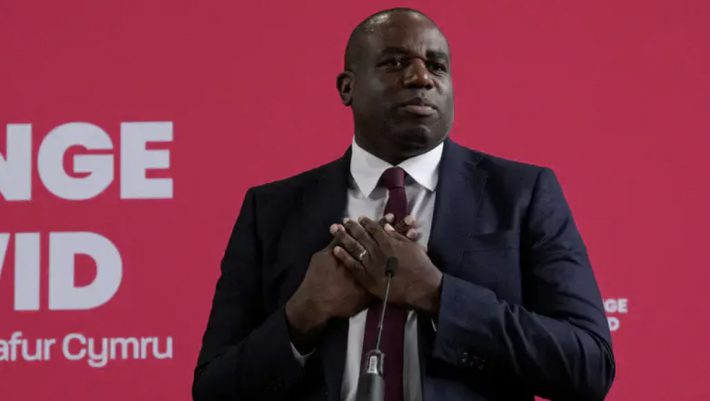Britain and Germany denounce Israel’s approval of the E1 housing project as illegal and destructive to peace, while Israeli leaders hail it as historic and the US offers rare backing.
The long-disputed E1 settlement project has erupted into a full-scale diplomatic clash after Israel advanced plans to build thousands of new homes linking Jerusalem to Ma’ale Adumim.
On Wednesday, British Foreign Secretary David Lammy blasted the move, branding it “a flagrant breach of international law” and warning that the construction “would carve a Palestinian state in two” and deliver a crushing blow to the two-state solution. “The Israeli government must reverse this decision,” Lammy demanded.
Germany joined the chorus, with a government spokesman declaring that settlement construction “hinders peace, violates international law, and entrenches occupation.”
But inside Israel, the mood was triumphant. Finance Minister Bezalel Smotrich hailed the decision as nothing short of “historic.” The E1 plan, which has been debated for decades, envisions 3,400 new housing units—a project Smotrich described as “a defining moment for settlement, national security, and the future of the State of Israel.” Alongside it, Israel also advanced recognition of the town of Asael, greenlighting plans for 342 housing units, public facilities, and vital infrastructure to cement its legalization.
Smotrich declared: “In E1, we are finally fulfilling promises made years ago. This is a defining moment for the Jewish people in their land.”
The international backlash contrasted sharply with the reaction from Washington. US Ambassador to Israel Mike Huckabee dismissed European claims, insisting: “This is not a violation of international law. It would be very strange to say that others can live in this area but Israelis cannot.” The US State Department echoed this stance, saying the construction enhances Israel’s security and aligns with American policy goals.
The E1 plan has long been viewed as a geopolitical lightning rod: to Israel, it is the completion of a long-promised security and demographic project; to its critics, it is a nail in the coffin of Palestinian statehood. With Britain and Germany raising alarms and Washington signaling support, the latest approval has pushed the E1 debate into the center of the global stage.





